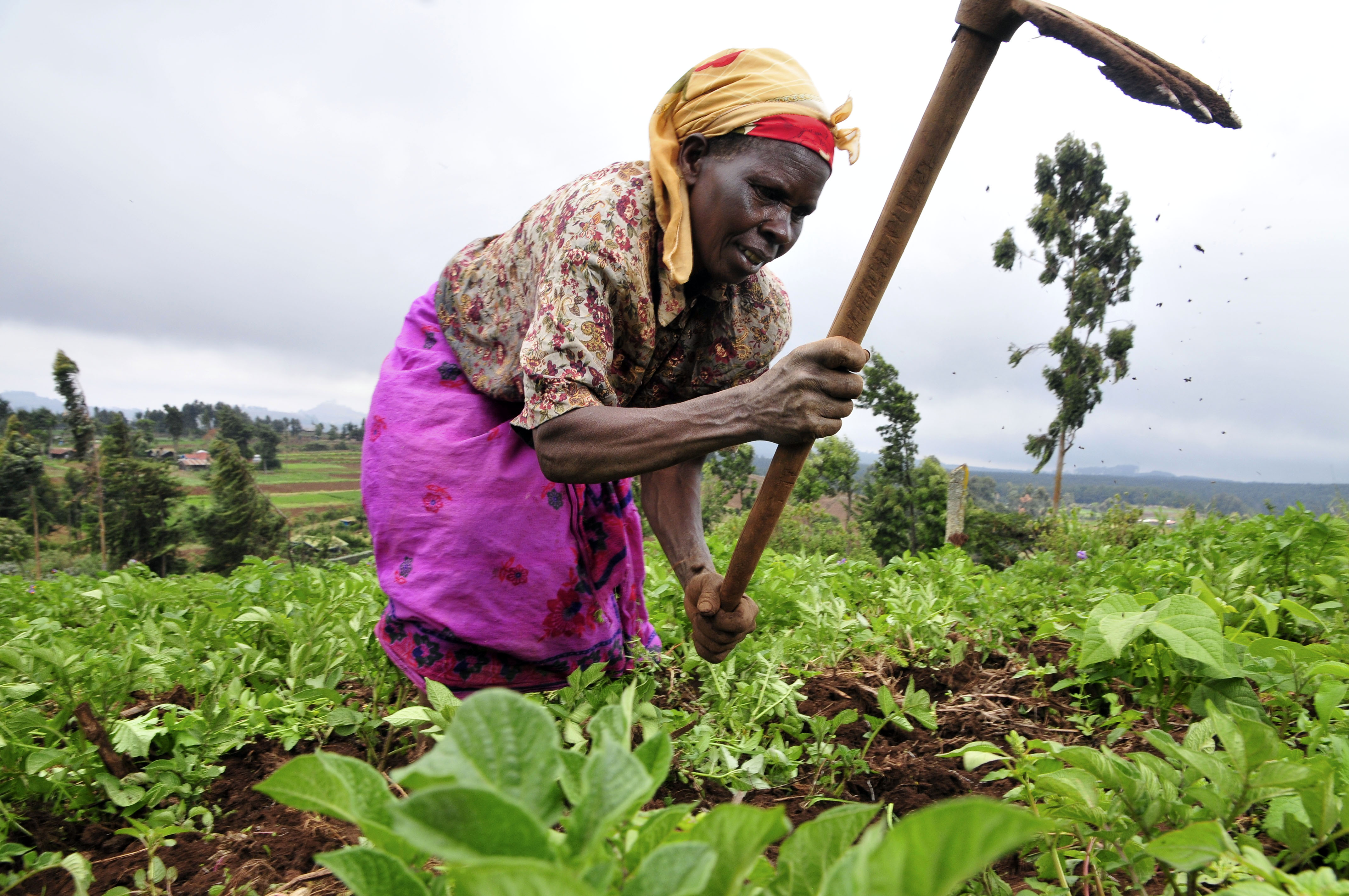The African virtue of hard work is a noble character trait that has gained the African a good reputation. Hard work is great because the Bantu have a saying, “There is no food that comes to the bird” which means no work no gain. However in the twentieth century it’s not just about working hard it’s about working smart. Most of the economies in Africa are agrobased and many black farmers still use hand tools but to survive in the global economy we must embrace more innovation and diligence.
There was a meme going around that stated “Welcome to Africa where we make hard work look easy” it then shows a number of people using axes and hoes to plough the field. It’s so sad that people view using Iron Age tools for agriculture in 2017 as source of pride because it proves that they work hard. This is the mentality that has to change in the twentieth century. The tools of the past centuries are inadequate for economies in the 21st century. The Engineering departments in our colleges and universities must lead the charge and invent tools that aid farmers to produce more output with less labor.
Resources are scarce and populations are exploding with continental Africa having a huge percentage of the population under 25 there is a projected increase in demand for food and water. There is no way that African nations will be able to feed their population using Iron Age tools for agriculture. There has to be mechanization and crop optimization. Innovation in agriculture must involve mechanization and technology.
INNOVATION IN CHOICE OF CROPS
At Global Black History we believe strongly in abandoning the foreign crops that do not grow well in arid climate of Africa. The solution is growing millet and sorghum which come naturally to the African climate and ensures that Africans can feed themselves and no need for aid for western nations.
What good are the Agriculture departments in our colleges and universities if their graduates cannot foster innovation that transforms African agriculture? This is not an issue of working hard and smart and doing more with less and using education to make life easier and creating African solutions for African problems.
One of the solutions lies in changing the crops we are cultivating. Sorghum and Millet have proven to be more viable crops that can survive even the harshest drought conditions. Our African Universities need to conduct more research so that we focus on growing crops that require the least input but produce the most output.




